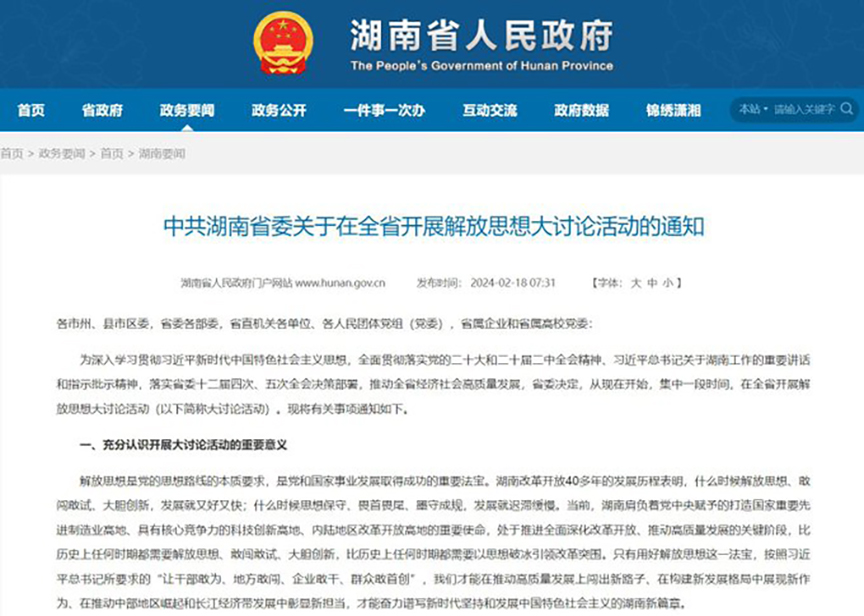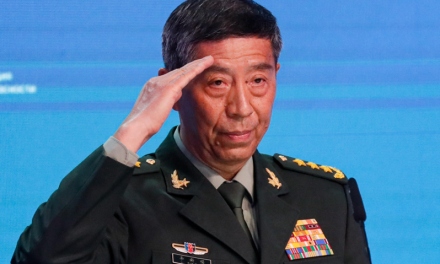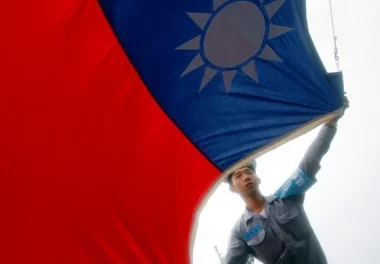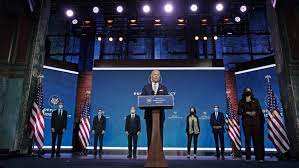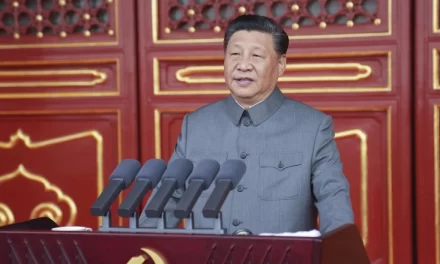Source: WeChat Public Account “Old News Commentary”
February 19, 2024
On February 18th, the Hunan Daily published a notice drafted by the provincial committee, initiating a month-long major discussion activity aimed at liberating thought. According to public reaction, this Hunan-style liberation of thought has caused a noticeable stir, providing an opportunity to observe the current state of “liberating thought” and to evaluate it cautiously.
Looking at the concept of liberating thought in official documents, there seems to have been a significant change since around 2009. At that time, liberating thought was more about the interaction and leverage between the government and society, breaking through mental shackles to reach a certain consensus between officials and the public, continuously rallying public support for reform and opening up.
Now, the focus of liberating thought, in terms of what is being liberated and what thoughts are involved, appears to have been reoriented. An observation, which may not be entirely accurate, is that liberating thought, once a weapon of critique and self-critique and a traditional method of connecting with the masses, is now shifting towards serving the needs of the situation. It focuses on providing a methodology for renewing the perspectives of those within the system, highlighting the differences between history and the present.
From the outline of Hunan’s discussion on liberating thought, it’s clear that the subjects are party members and officials within the system. The goal is to turn it into a methodology for examining work, like a set of instruments named after thought, to identify shortcomings in everything from official conduct to development models.
The relocation of the concept of liberating thought from its historical stronghold in the Pearl River Delta to inland Hunan has caused a surprise. However, upon closer inspection, the shift from a Guangdong flavor to a Hunan flavor signifies a significant change in meaning, enriching the thinking behind the work processes.
The noise emerged at this moment.
The transfer of liberating thought from its historical base in Guangdong to the newly rising Hunan not only faces a reduction in its core essence, becoming more pragmatic, but also notably, society and the public, originally major participants in liberating thought, are relegated to a subordinate position, potentially struggling to find ways to participate and engage.
The public uproar mainly reflects the emotional shift from hope to disappointment among the populace.
The Hunan liberating thought “going viral” incident can be interpreted from two aspects. On one hand, it proves that liberating thought, a golden slogan derived from reform and opening up, still has widespread and strong appeal among the public. The sensitive reaction of society to Hunan’s actions shows a significant existing demand for liberating thought, drawing people’s hearts as soon as it is mentioned.
On the other hand, after scrutinizing the notification text of Hunan’s version of liberating thought, it becomes clear that this is not the liberating thought they expected. This indirectly shows that people’s understanding of liberating thought, shaped during the era of reform and opening up, remains deeply ingrained, a notion difficult to erase due to historical experience.
Therefore, the uproar caused by Hunan’s liberating thought is not about what its Hunan-focused goals and tasks are or are not, but about reminding people of what liberating thought should look like.
This process of reminiscence is also a reaffirmation. The general public, through intuitive, experiential, and straightforward emotional cognition, bluntly recognizes that the Hunan outline is not ideal, pondering what true liberation of thought should be about and for whom.
It can be frankly admitted that there is a perceivable gap between the official rhetoric of liberating thought and the deep-seated expectations held by the public. This difference, previously vague, has been vividly and concretely revealed by the public reaction to Hunan’s liberating thought.
It is self-evident that liberating thought is both a precursor to reform and opening up and its rightful essence. Hunan aims to use the tool of liberating thought to tackle the challenges of economic development; however, the public imagines more. This imagination underlies every word of the uproar. When liberating thought is simplified to a tool within the system, its profound appeal in the public sphere remains immeasurable, perhaps encapsulating the significance and value of this public uproar.

